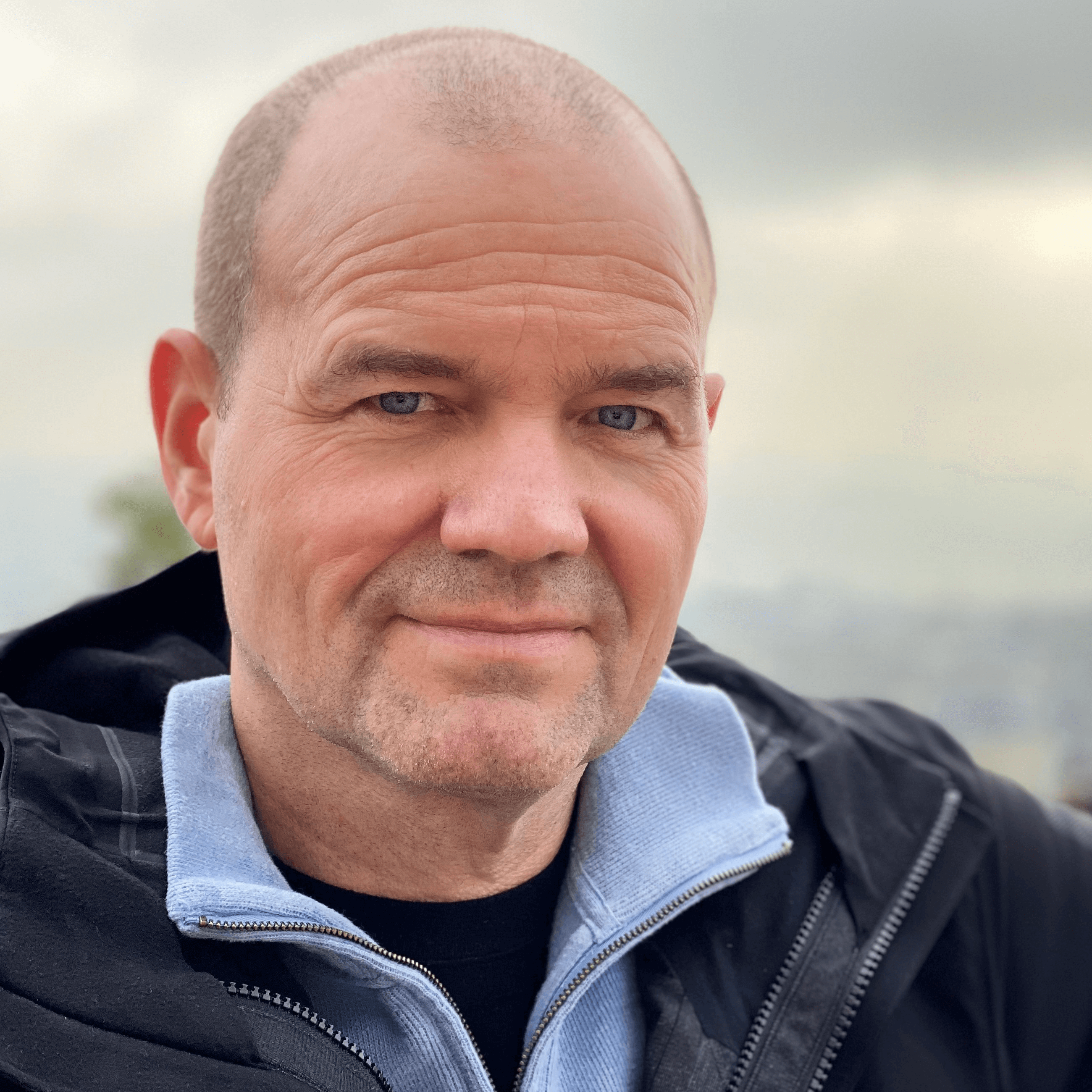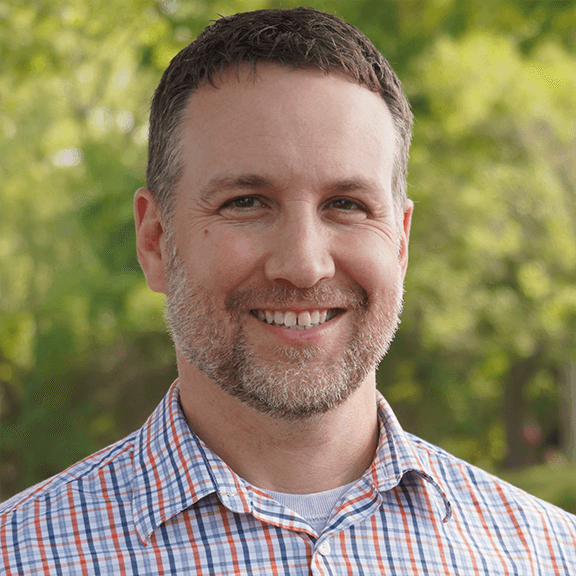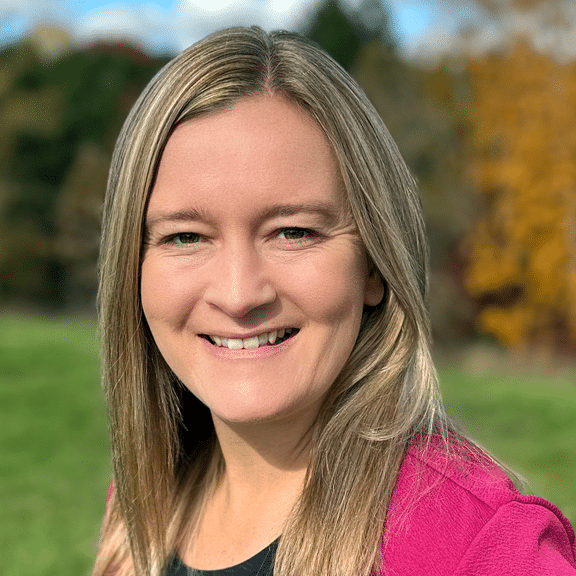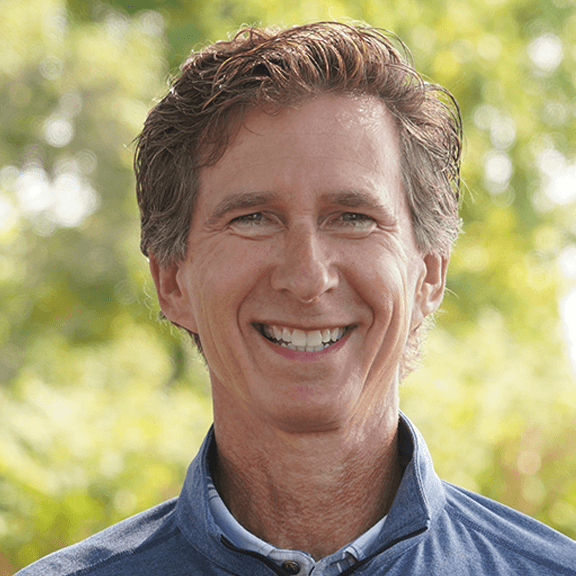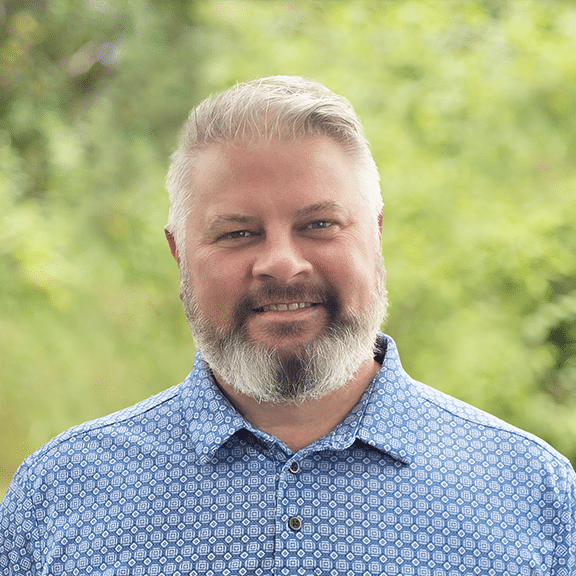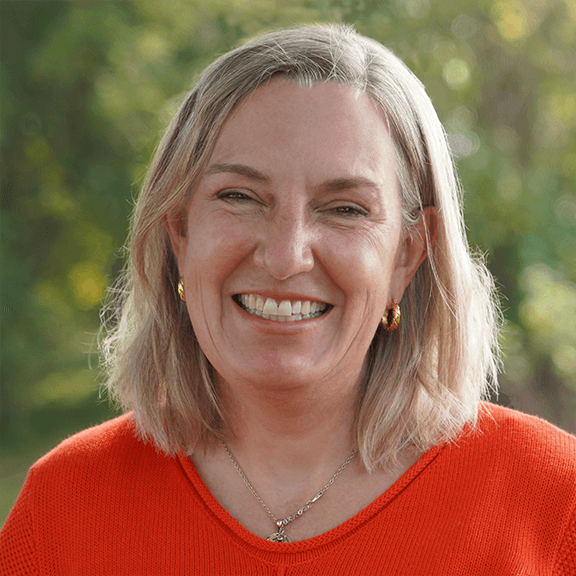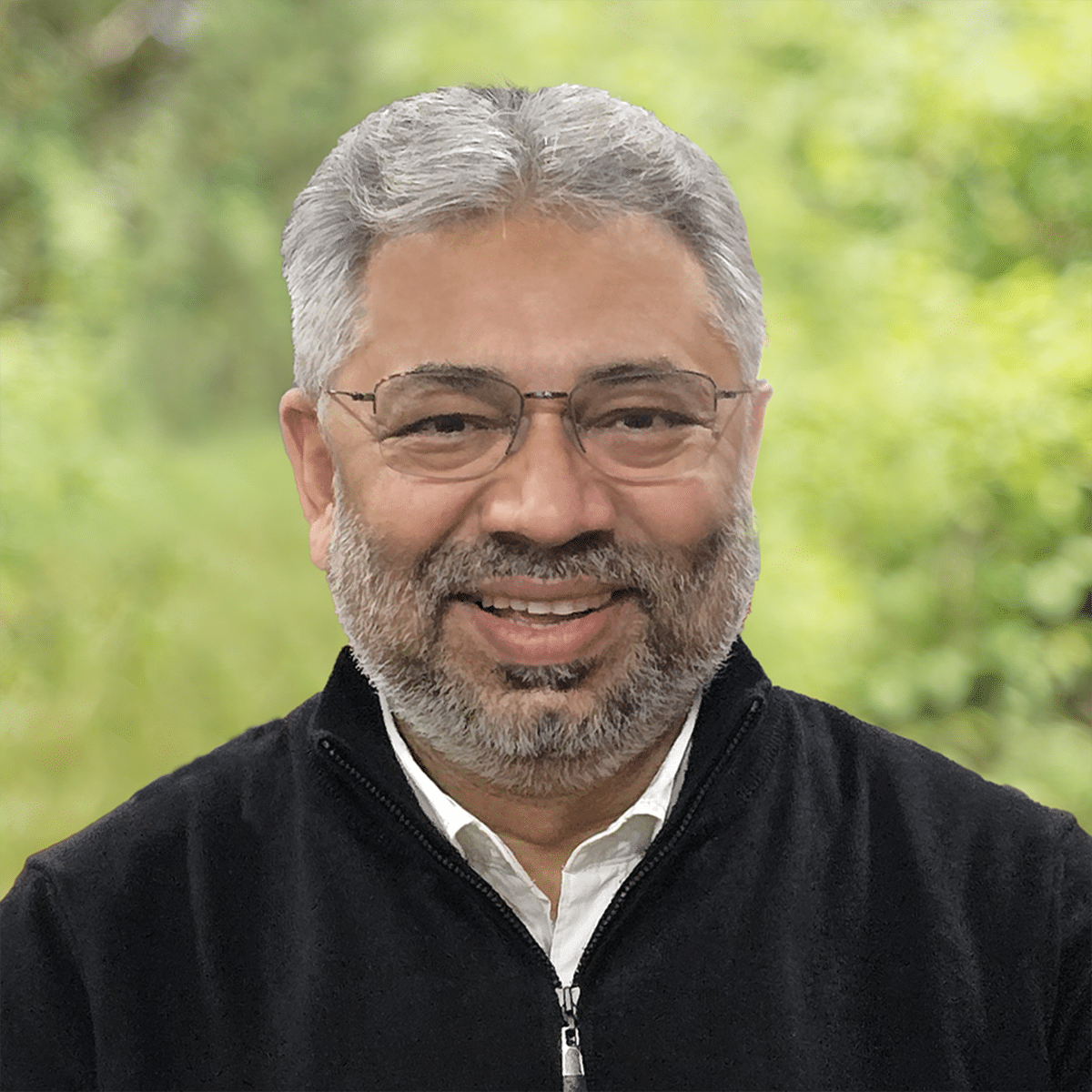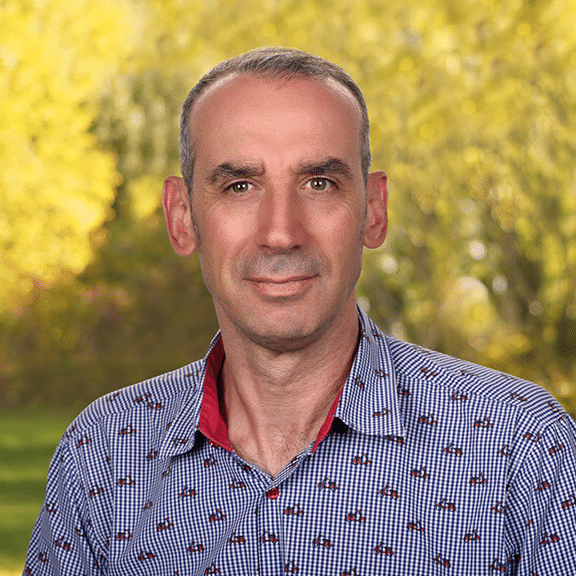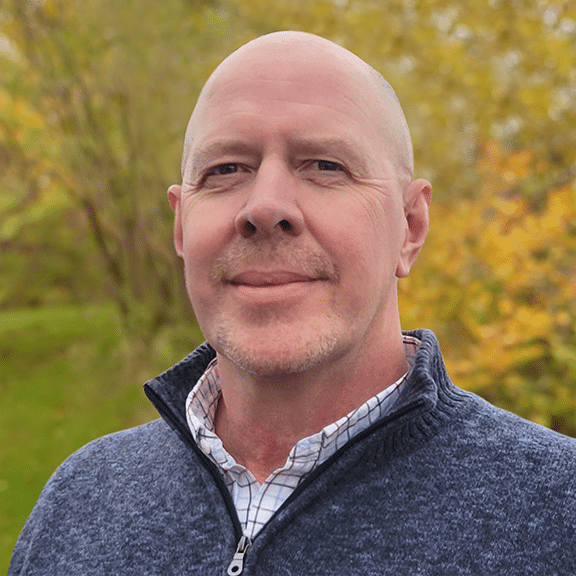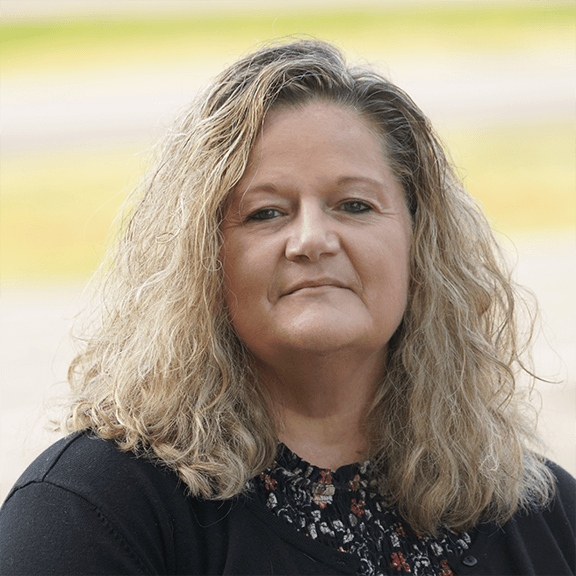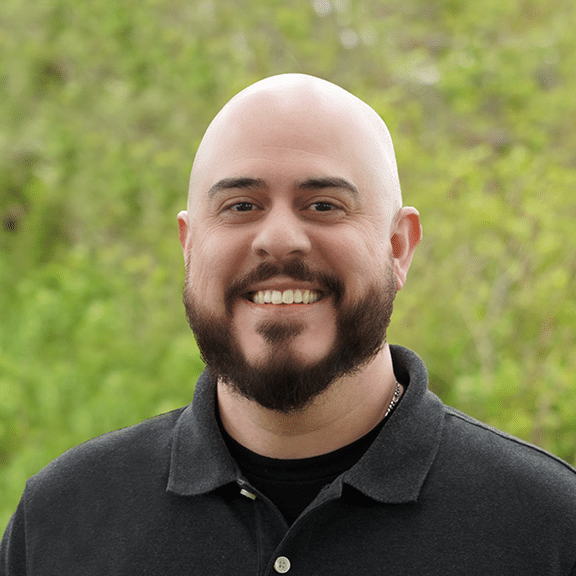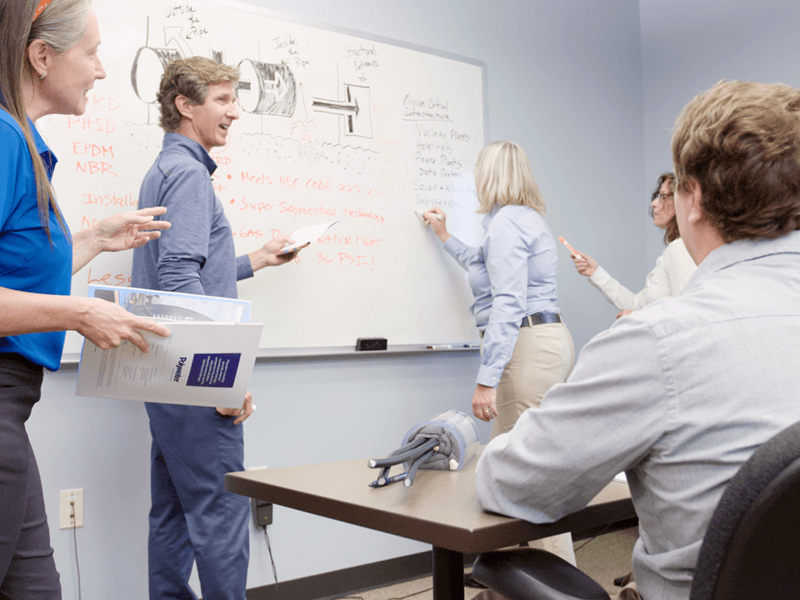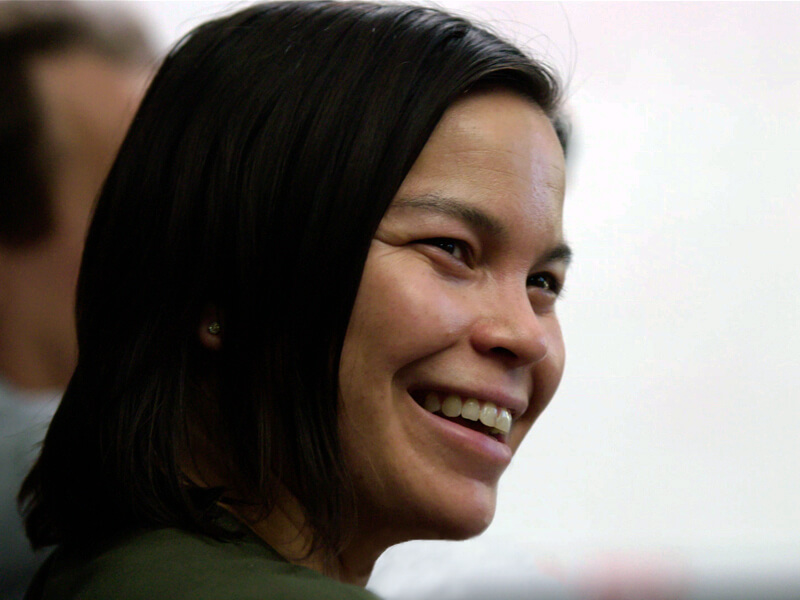1950s – POLYWATER’S ENTREPRENEURIAL FOUNT
Event Date: June 1955
Founder Nelson Jonnes joined the United States Navy in 1944 to help secure a better world. He later attended Antioch College, where he met Bev, his wife of 60 years. Their alma mater instilled a guiding life value: “Be ashamed to die until you have won some victory for humanity.” Nels and Bev were among many who believed in an “army” of young Americans who would act as global emissaries of goodwill. They put their values into practice, teaching English and science in Ethiopia for three years before returning to raise a family and ultimately start American Polywater, an employee-owned company.


